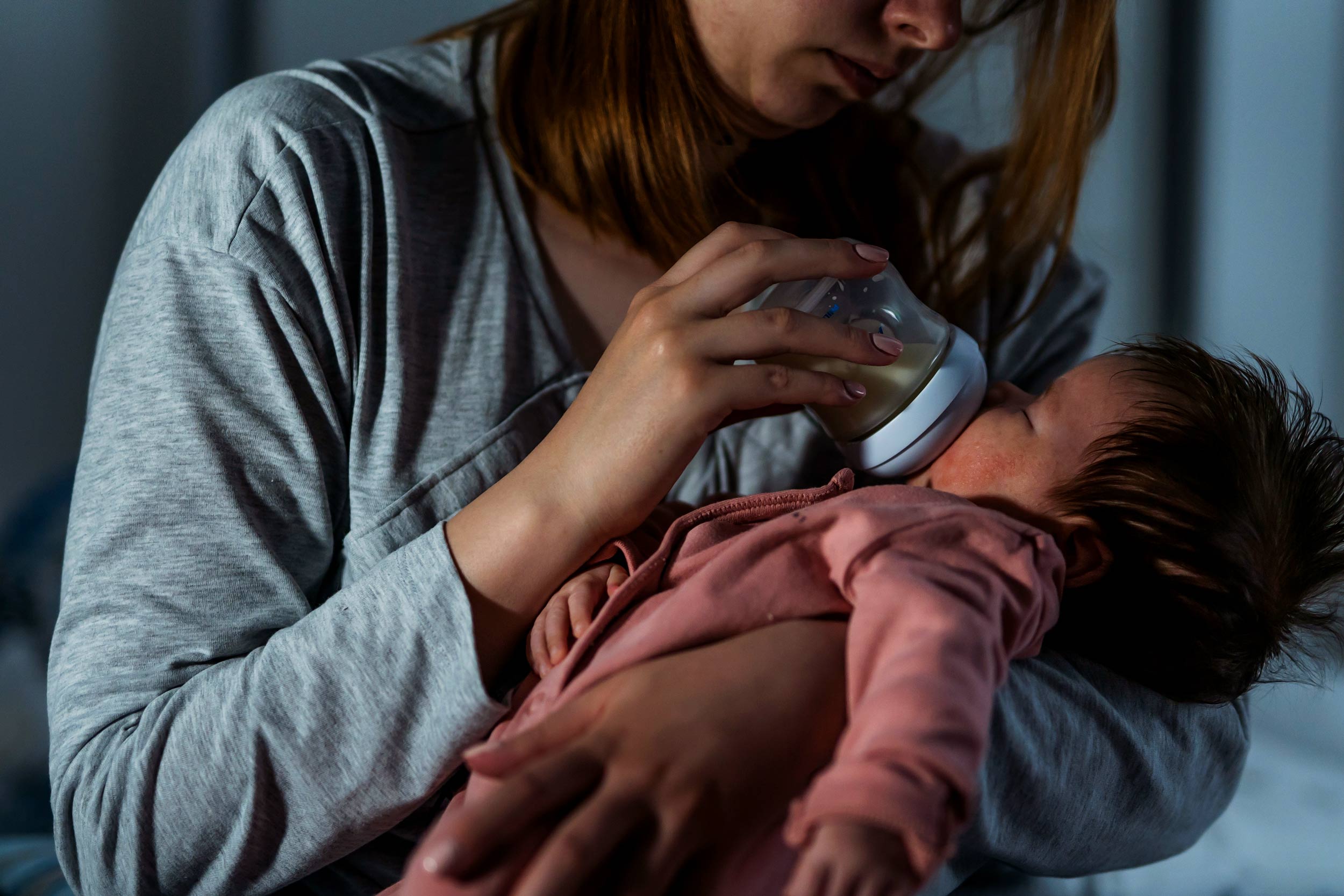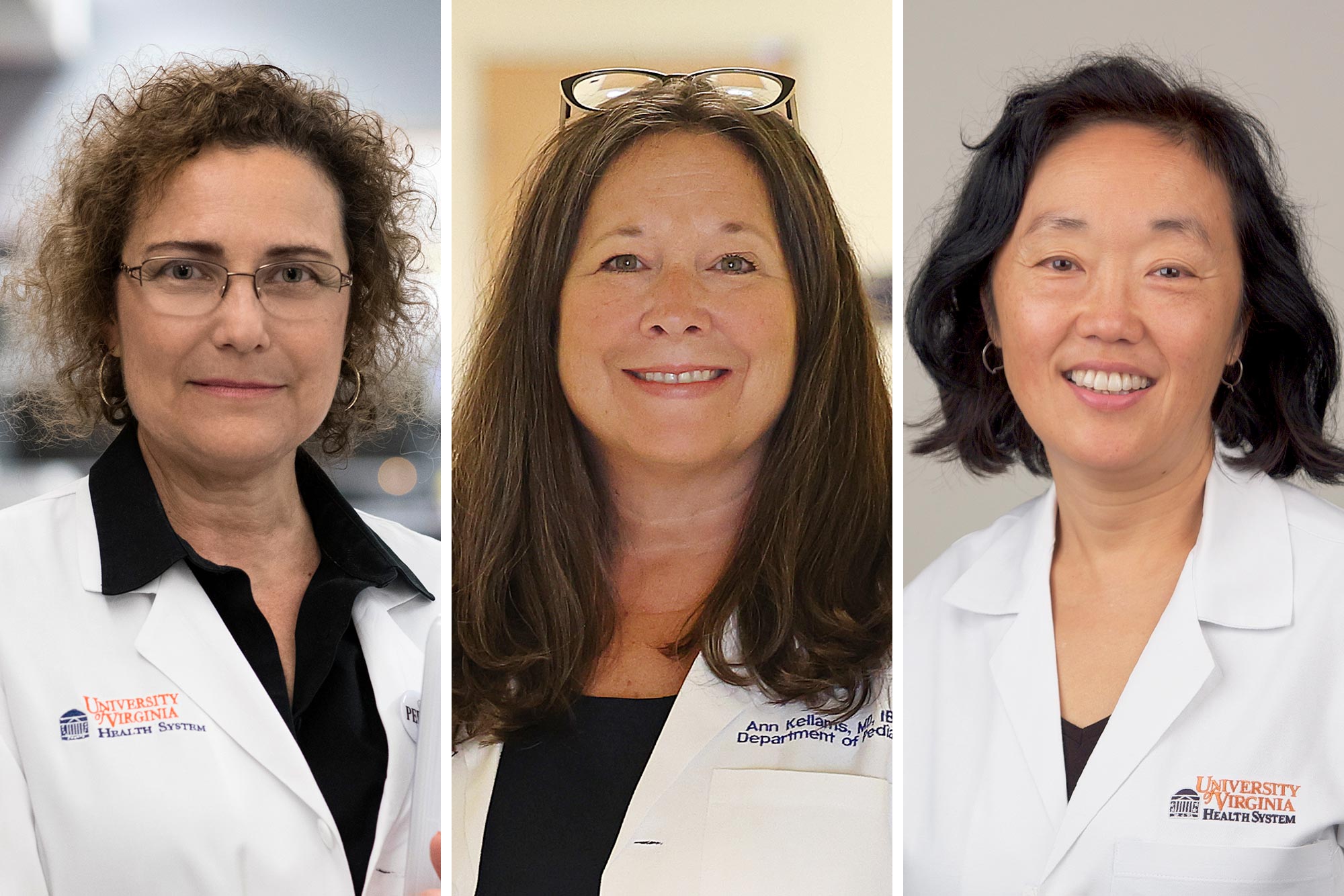Research from the University of Virginia School of Medicine reveals more than a quarter of new mothers say they have recently fallen asleep while feeding their babies, putting their infants at increased risk of sudden infant death syndrome.
More than 80% of those mothers had not intended to fall asleep, and many had chosen to feed in chairs or on sofas rather than in a bed. Research shows cushions and confines on chairs and sofas can be unsafe for babies, raising the risk of death by 49 to 67 times.
“While falling asleep while feeding young infants is not in itself too surprising, what is very alarming is that the majority of mothers did not plan to fall asleep, so the sleep space was potentially unsafe for the baby while both slept,” said researcher Dr. Fern Hauck, a safe-sleep expert at UVA Health and the UVA School of Medicine.
The researchers, with UVA Health and UVA Health Children’s, are urging care providers to provide additional guidance on safe feeding practices, such as informing new moms a hormone naturally released during breastfeeding will make them sleepy, to new parents.








.jpg)



